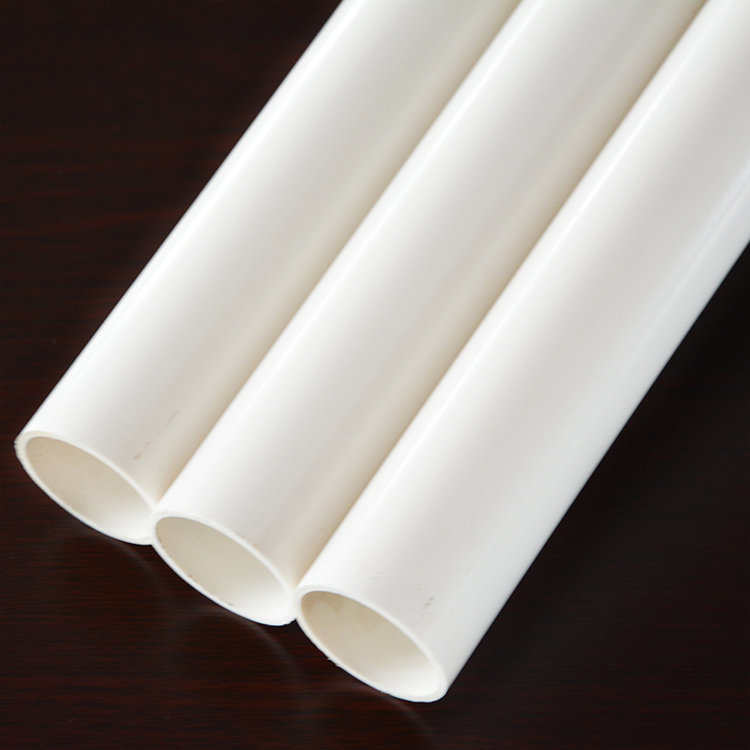In daily engineering and life scenarios, we often use PP pipes and PVC pipes. The differences between these two types of pipes in practical applications are worth our in-depth understanding.
From the perspective of material nature, PP pipes are made from Polypropylene, a material that contains no chlorine and is a thermoplastic. PVC pipes, on the other hand, are mainly made of PolyvinylChloride (PVC) resin. Due to the presence of chloride components, their performance in some special application scenarios differs from that of PP pipes.
In terms of performance, we can clearly see the difference between the two. In chemical production, PP pipes are particularly practical. The chemicals and acidic solutions we encounter in daily life are hard to corrode it. When used in chemical plants, it is not easy to be damaged. It is also not afraid of high temperatures. It can transport hot water and hot solutions without any problem and will not deform or age. Moreover, this pipe is highly flexible and easy to bend. When workers install it and encounter complex pipeline routes, they can flexibly adjust the shape, saving both time and effort.In contrast, although PVC pipes perform stably in alkaline environments, they are not as "resistant" when exposed to certain organic chemicals and solvents. Meanwhile, the heat resistance of PVC pipes is relatively weak. Once exposed to high-temperature environments, they are prone to softening and a decrease in strength, making it more difficult to bend and form them.
When it comes to the characteristics of these two types of pipes, we can find that they each have their own advantages. PP pipes have the characteristics of being non-corrosive, wear-resistant and non-scaling. They can also reduce vibration and noise, prevent freezing and condensation, have low heat loss, a simple and convenient installation process, and a relatively long service life. The advantages of PVC pipes lie in their strong corrosion resistance, quick installation through bonding, relatively affordable price, hard texture, high compressive strength and excellent waterproof performance.
As for application fields, PP pipes, with their own performance advantages, are widely used in scenarios such as the chemical industry, sewage treatment, and wastewater discharge, and perform reliably when transporting special chemical media. Meanwhile, in the indoor cold and hot water supply systems and heating systems of buildings, PP pipes are also frequently seen. Industries such as chemical engineering, water supply and drainage, food, and medicine also show great favor for them.
PVC pipes: Widely used in water supply pipes, drainage pipes, protective pipes for electrical wires and cables, buildings and exhaust systems; It is also used in drainage, wastewater, chemicals, heating and freezing liquids, food, ultra-pure liquids, slurry, gases, compressed air and vacuum systems, etc.


